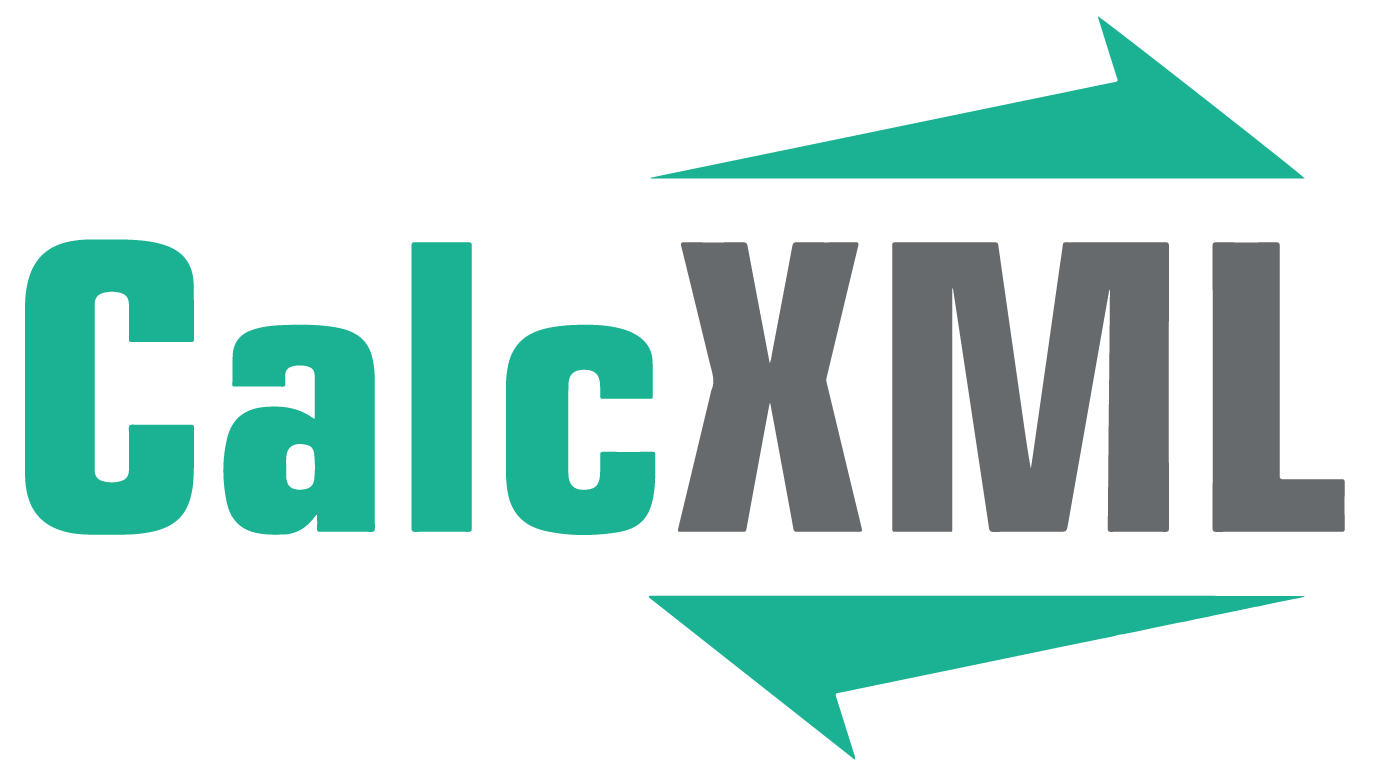Debt Calculator
Do I have too much debt?
How much debt is too much? Use this debt calculator to help gauge your total debt level and what steps might need to be taken to improve your situation. Remember, there are many factors to consider when calculating debt, but the following three factors will help you start to understand if your debt is manageable.
Esta información puede ayudarle a analizar sus necesidades financieras. Se basa en información y suposiciones suministradas por usted con relación a sus metas, expectativas y situación financiera. Los cálculos no infieren que la compañía sume cualquier obligación fiduciaria Los cálculos suministrados no deberían considerarse asesoría financiera, legal o tributaria. Además, no debería basarse en dicha información como única fuente de información. La información es suministrada de fuentes que consideramos confiables pero no podemos garantizar su precisión. Las ilustraciones hipotéticas pueden suministrar información de desempeño histórico y actual. El desempeño pasado no garantiza ni indica resultados futuros.






